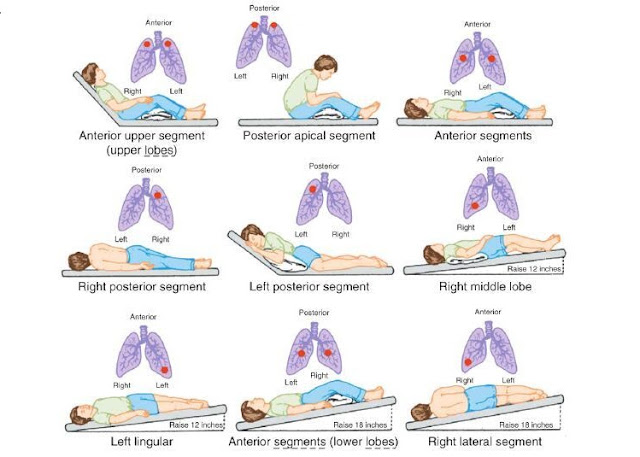Benefits of Cardiac Rehabilitation
After suffering a heart
attack or being diagnosed with heart failure, patients may feel overwhelmed and
confused on what they can do to better their health. Cardiac rehabilitation
takes into consideration all of the different aspects that are needed to keep
your heart healthy and aims to reduce the risk of a future cardiac event.
Cardiac
rehabilitation is ideal for patients who recently had a heart attack, are
recovering from a cardiac surgery or have been diagnosed with a serious heart
condition. A cardiac rehabilitation program uses a comprehensive approach to
address exercise, diet, risk factor management, smoking habits, lifestyle
modifications and psycho-social counselling. All of these factors play a part in
reducing cardiovascular risk and serious complications.
Those who participate
in this type of cardiac rehabilitation tend to show improvement in medication
adherence, with some patients even showing a decreased need for medications to
treat chest pain. Additionally, cardiac rehabilitation has been shown in
studies to decrease morbidity and mortality in the range of 40 to 50 percent in
the first year, and in following years a 20 to 30 percent reduction in
mortality has been reported. Cardiac rehabilitation also has the potential to
decrease age related vulnerabilities to frailty and disability. It may also
help ameliorate depression and increase socialization skills.
It does increase exercise tolerance, quality of life and reduce patient’s
symptoms.
Since patients are
monitored during rehabilitation, any recurrent symptoms are addressed in a
timely manner to further prevent another event. We hope to minimize the need
for any hospital stays and unexpected emergency room visits. Lifestyle
modifications and monitored exercise help reduce shortness of breath and
fatigue with those diagnosed with heart failure. Psychosocial
counselling is aimed to address any of the emotional stress, depression or
anxiety that comes with living with a cardiac condition. We know that some
patients may be hesitant to begin moving around or exercising after a cardiac
event, so it is important for them to regain their confidence and see their
potential in participating in a program. If you think cardiac rehabilitation
can benefit you, or have questions about available programs, speak to your
primary care physician or cardiologist and express your interest.




Comments
Post a Comment